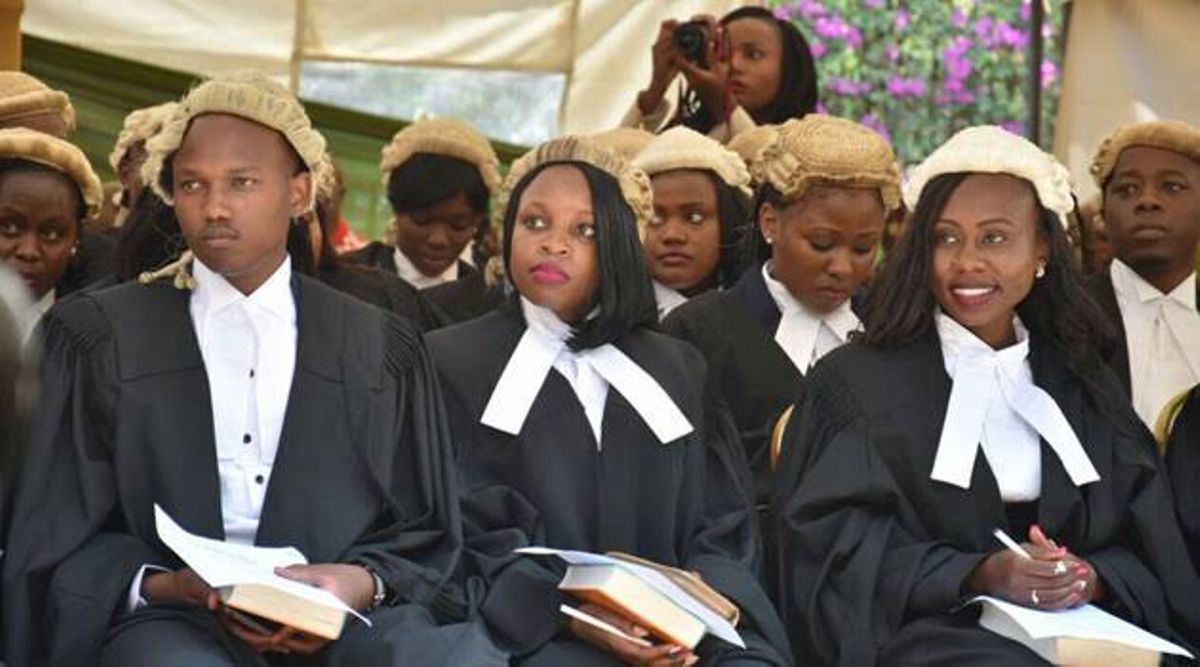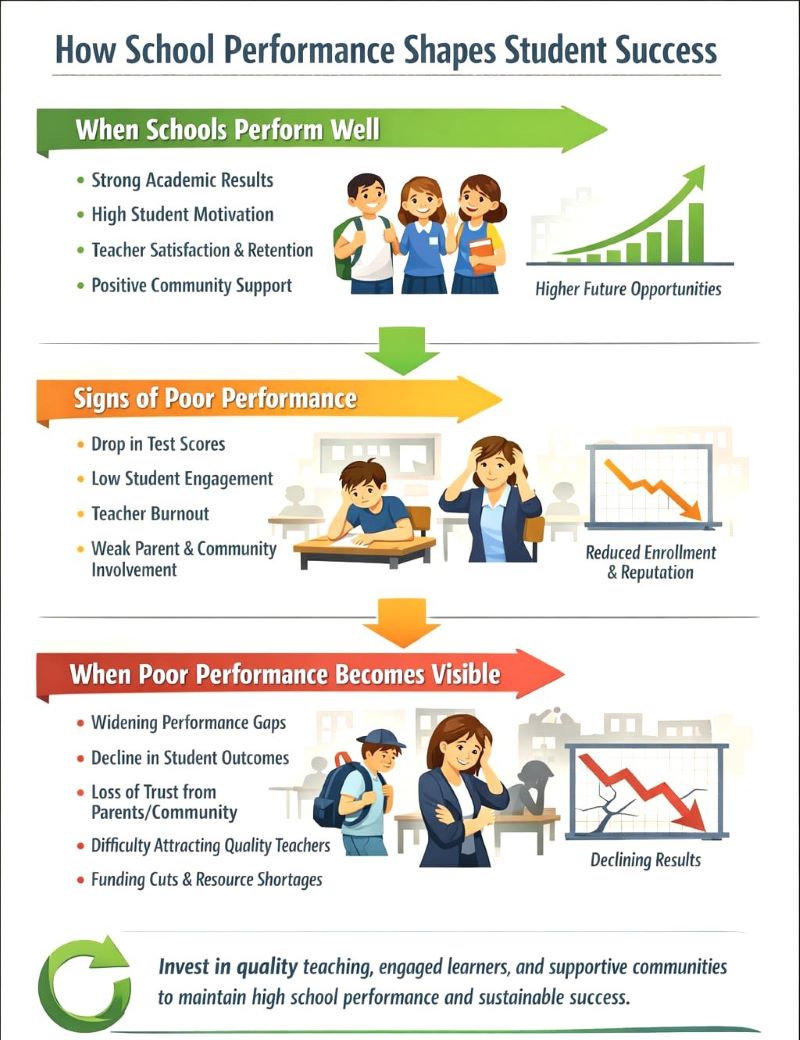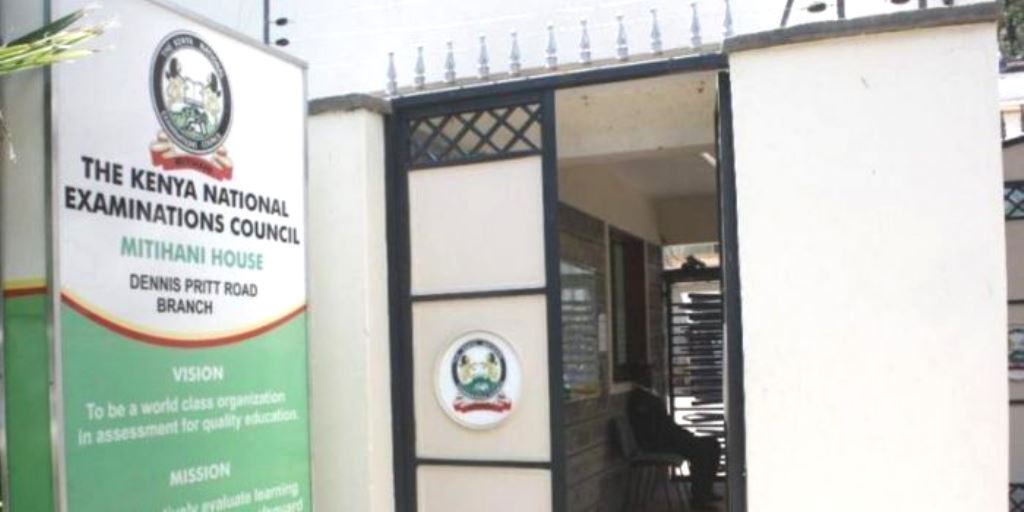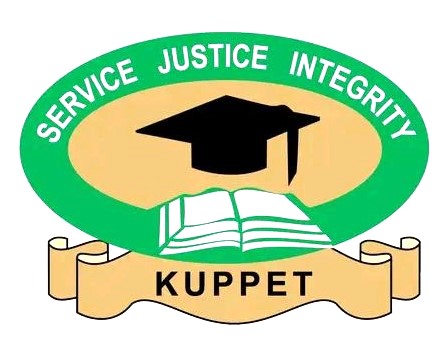Kenya is entering a defining moment in the history of its legal profession and the debate over the state of legal education has grown louder than anyone expected. What began as quiet complaints among students and lecturers slowly turned into a national conversation that now touches homes courtrooms universities law firms civil society groups and Parliament.
Parents are worried that their children may be studying in institutions that do not meet the requirements of the law. Lecturers are frustrated that academic standards have continued to decline. Students fear that their degrees may lose value by the time they graduate. Lawyers warn that the entire justice system may suffer if nothing changes. Policymakers feel the pressure to act and the wider public is demanding answers. The country is discovering that the strength of the legal profession is not a narrow concern for a few experts. It is a matter that affects justice for all Kenyans.
The turning point came when prominent lawyer Nelson Havi spoke openly about the rise of new institutions rushing to offer law degrees without the capacity required by law. He argued that the Legal Education Act and the Universities Act are clear that no institution should train lawyers unless it has qualified lecturers strong libraries proper research facilities sound governance structures and classrooms built for serious academic work. Havi warned that some universities have ignored these requirements
He specifically raised concern over newly established institutions like Tom Mboya which began teaching law without the solid academic foundations needed for rigorous legal studies. He stated that Kenya was creating a generation of graduates with certificates but without essential skills. His message resonated through the country because it captured a fear that had been building for years. People wondered how so many law programs had been approved yet even well established universities struggled to maintain quality.
ALSO READ:
Busia County launches high tech hub to equip youth with digital skills
After Havi’s remarks lecturers across the country started speaking more freely about what they were seeing in their classrooms. They explained that many students joining law schools today lack strong foundations in English research writing and analytical reasoning. Before the year 2000 law programs admitted only students who showed strength in humanities because legal reasoning depends heavily on language and analysis.
After the introduction of parallel programs numbers increased and academic preparation declined. Lecturers found themselves marking essays filled with broken grammar disorganised ideas unedited drafts and high levels of plagiarism. Some estimated that nearly three quarters of their students lacked the academic skills needed for legal study yet remained in the system because universities prioritised enrolment over academic standards. These testimonies confirmed the very danger that Havi had warned about.
As the national conversation grew the Kenya School of Law became the next centre of attention. Members of the public wanted to know why the School continued to admit large numbers of students even though it faced overcrowding limited facilities and low pass rates. Regulations guiding the School require that only students who meet specific academic and competency standards are admitted. When these standards are ignored everything collapses. Graduates enter the Advocates Training Program unprepared and the School struggles to bridge gaps that should have been addressed at undergraduate level. Alumni of established law schools also warned that the international community watches accreditation closely.
If Kenya becomes known for weak regulation even graduates from respected institutions may face suspicion in global legal markets.
Evidence from the courts added even more urgency to the debate. Judicial officers and senior advocates reported that many young lawyers struggled with the most basic tasks in legal practice. Some could not draft pleadings. Some could not analyse statutes. Some could not conduct basic research. These are skills every law student should master before graduation. When lawyers walk into court unprepared judges are forced to do extra work. This slows cases increases the risk of unfair outcomes and weakens trust in the justice system. A failing legal profession harms every Kenyan who depends on justice to protect their rights.
Parents and guardians soon joined the discussion with growing frustration. They invest heavily in their children’s education expecting universities to obey the law and follow accreditation standards. When institutions fail to meet these standards families lose time money and hope. Radio programs and television panels received countless calls demanding accountability from the Council of Legal Education. Members of the public wanted to know how universities with weak libraries inadequate teaching staff poor research facilities and unreliable governance systems were allowed to admit students year after year.
ALSO READ:
When Flame Flickers: Hidden behaviors that reveal burnout in school heads and teachers
As the debate deepened it became clear that proper legal education requires serious investment. Universities must build strong libraries provide reliable research databases hire qualified lecturers establish solid governance systems support students academically and offer facilities for practical legal skills. The Legal Education Act demands that no law program should operate unless it proves the ability to meet these requirements. When institutions fail graduates later struggle at the Kenya School of Law and enter the profession unprepared which harms clients courts businesses and the country.
Civil society groups argued that weak legal training threatens access to justice. People rely on lawyers in criminal cases property disputes employment issues family conflicts and public interest litigation. Poorly trained lawyers cannot defend rights effectively and this erodes trust in the justice system. Economists added that businesses depend on competent lawyers to interpret regulations draft clear contracts resolve disputes and guide investment decisions. Weak legal advice leads to costly mistakes which damage the economy.
Lawmakers reminded the country that Parliament must ensure that accreditation laws are followed without fear or favour. Legal scholars explained that admitting students into non compliant programs may violate their constitutional rights because public decisions must be lawful reasonable and fair. If regulators approve institutions that do not meet required standards those decisions can be challenged.
In the middle of this heated debate a new voice brought a different kind of hope. On Thursday November 20, 2025 during an afternoon class at Kabarak University School of Law Labour Law lecturer and Head of Mooting Society Kelly Malenya addressed his students who had been following the national discussion with worry. He paused the lesson and told them that the legal market is wide that opportunity is still abundant and that what ultimately matters is the quality of lawyer each student chooses to become.
He explained that the challenges facing legal education should not discourage them. Instead the crisis should motivate them to rise above mediocrity and develop the skills that define strong advocates. He told them that courts law firms government offices companies international organisations civil society groups and communities always need lawyers who think clearly write well research thoroughly and uphold ethics. According to him the profession does not reward labels. It rewards competence discipline and commitment to excellence.
ALSO READ:
KNUT Nyamira boss warns varsity, college students against betting, says it results to suicide
His message resonated deeply because it balanced the warnings raised by Havi with a powerful reminder that individual effort still has the power to transform destiny.Mr Malenya explained that even in a system filled with weaknesses a determined student can still become a lawyer who stands confidently in any courtroom any negotiation table or any public office. His words restored hope in a generation that felt confused by the national debate and reminded them that the profession still values quality above everything else.
By the time the day ended the country had embraced a new understanding of the crisis.
The warnings of Nelson Havi exposed the failures of weak institutions. The experiences of lecturers revealed the consequences of falling standards. The evidence from the courts showed the urgency of reform. The concerns of parents and the demands of the public pushed regulators to act. The encouragement of Mr. Kelly Malenya reminded students that despite the storm their future still depends on their dedication and skill. The debate made one truth clear. Kenya can protect the future of its legal profession only by strengthening its institutions raising academic standards and nurturing students who are committed to excellence.
By Omwansa Kemosi
Kabarak university Law student
You can also follow our social media pages on Twitter: Education News KE and Facebook: Education News Newspaper for timely updates.
>>> Click here to stay up-to-date with trending regional stories
>>> Click here to read more informed opinions on the country’s education landscape






